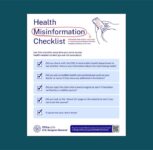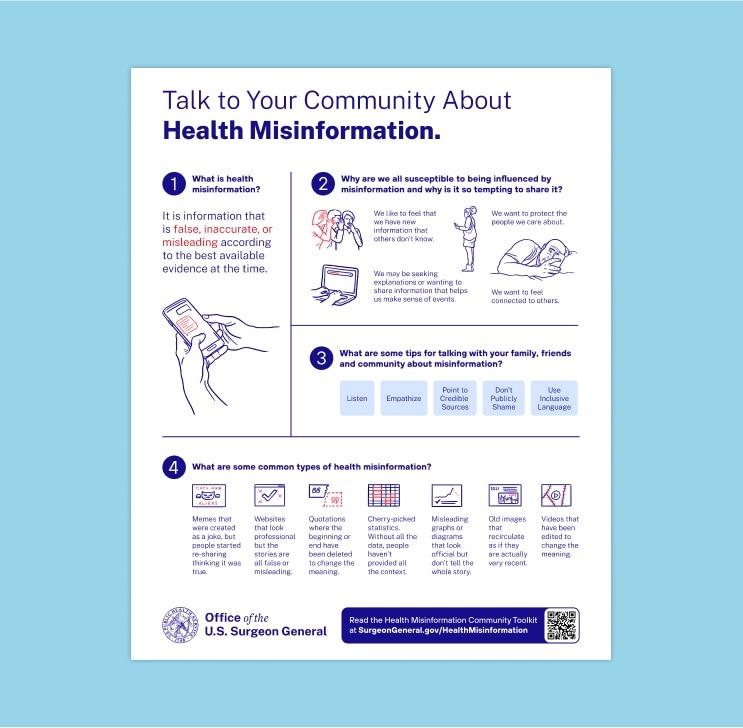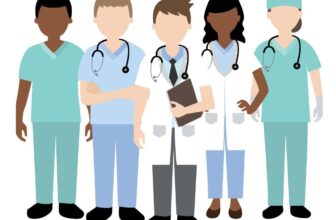
Why Are There Misleading Health Information Who Spreads Them

Why Are There Misleading Health Information & Who Spreads Them?
Unraveling the truth behind health misinformation: its causes, spreaders, and how to safeguard your well-being.
Introduction
In today’s digital age, health information is more accessible than ever. Yet, this accessibility comes with a major downside – the spread of misleading health information. False or inaccurate health claims can create confusion, provoke fear, and sometimes even endanger lives. Understanding why misleading health information exists and identifying who spreads it are critical steps in protecting your health and making informed choices.
What is Misleading Health Information?
Misleading health information refers to any health-related content that is inaccurate, deceptive, or incomplete. This can range from exaggerated claims about miracle cures to incorrect advice about chronic disease management or vaccine safety.
- Fake news: Completely fabricated stories with no factual basis.
- Misinformation: Incorrect facts shared without harmful intent.
- Disinformation: Deliberately false information spread with malicious intent.
Why Does Misleading Health Information Exist?
Several factors contribute to the existence and persistence of misleading health information:
1. Complexity of Medical Science
Health science is complex and continually evolving. This makes it difficult for the average person to discern the latest and most accurate advice, leading to confusion and vulnerability to false claims.
2. Desire for Quick Solutions
People want easy, fast solutions to health problems. This demand creates a market for quick fixes and miracle cures, which are often misleading or false.
3. Internet and Social Media Amplification
Social platforms prioritize engagement, sometimes promoting sensational or controversial content-often misleading health claims-because they generate clicks and shares.
4. Cognitive Biases and Emotional Impact
Human psychology also plays a role. Confirmation bias leads people to believe information that fits their worldview, while fear or hope can make misleading health info more convincing.
Who Spreads Misleading Health Information?
Understanding the sources helps in recognizing the motives and how to critically evaluate what you read or hear.
| Source | Reason/Motivation | Common Forms of Health Misinformation Spread |
|---|---|---|
| Social Media Users & Influencers | Unintentional sharing, fame, or monetary gains | Viral health myths, unverified “natural remedies” |
| Commercial Entities | Profit via sales of supplements, diet plans, or treatments | Exaggerated benefits, miracle cures |
| Trolls & Malicious Actors | Disrupt societies, create confusion or distrust | Conspiracy theories, scapegoating |
| Misunderstood Well-meaning Individuals | Lack of proper knowledge, personal experiences | Misinterpreted medical advice, anecdotal claims |
| Inadequately Trained Journalists/Bloggers | Lack of expertise, pressure for sensational headlines | Oversimplified or distorted health news |
The Impact of Misleading Health Information
The consequences of false or misleading health information are significant and can affect individuals and public health alike:
- Health Risks: Following unproven treatments may cause harm or delay proper care.
- Increased Anxiety: Fear-provoking misinformation can cause panic and stigma.
- Public Health Consequences: Vaccine hesitancy fueled by misinformation can lead to outbreaks.
- Economic Costs: Spending on ineffective or harmful products strains personal and healthcare finances.
Practical Tips to Identify & Avoid Misleading Health Information
Protecting yourself and your loved ones requires vigilance and critical thinking. Here are actionable tips:
- Verify Sources: Trust information from reputable health organizations like WHO, CDC, or accredited medical journals.
- Check the Evidence: Look for studies and expert consensus, not just testimonials.
- Beware of Sensationalism: Avoid claims that seem too good or too scary to be true.
- Consult Professionals: Always discuss health decisions with qualified healthcare providers.
- Use Fact-Checking Websites: Refer to platforms specializing in debunking health myths.
- Limit Social Media Reliance: Use social media cautiously as a source of health information.
Case Study: The Spread of a COVID-19 Vaccine Myth
During the COVID-19 pandemic, misinformation around vaccines was rife. One widespread claim stated that COVID vaccines contained microchips for government tracking. This blatant falsehood propagated rapidly on social media, causing hesitancy and distrust.
Who spread it?
- Social media influencers seeking attention.
- Online trolls intending to undermine public health.
- Misunderstood messages amplified without verification.
Impact: This misinformation contributed to delayed vaccine uptake and prolonged the pandemic’s impact in certain communities.
Benefits of Recognizing and Combating Misleading Health Information
Being able to spot inaccurate health content and respond appropriately benefits everyone:
- Better Personal Health Decisions: Improved outcomes by following evidence-based advice.
- Stronger Communities: Reduced spread of preventable diseases and panic.
- Empowered Consumers: Increased ability to hold marketers and media accountable.
- Trust in Healthcare: Supporting accurate communication strengthens public trust in health systems.
Conclusion
Misleading health information is a persistent global challenge influenced by complex factors and spread by diverse groups-from innocent sharers to malicious actors. Awareness, critical thinking, and reliance on trusted sources are your best defense against falling victim to false health claims. By learning why these myths exist and who propagates them, you can better protect your health and help others do the same. Always remember: your health deserves truthful, science-backed information.






